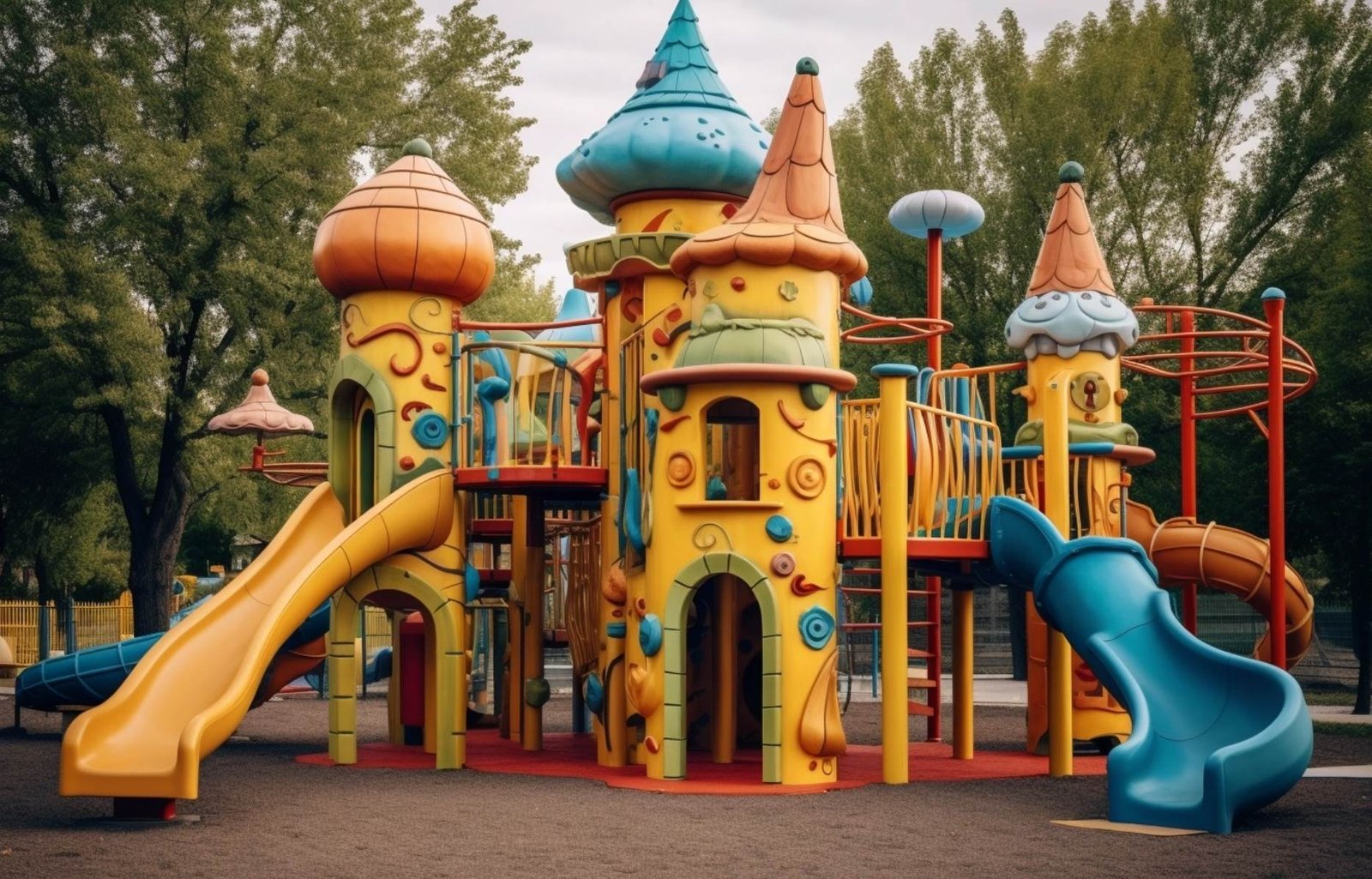A new study highlights the critical role of social support and coping skills in shaping the psychological well-being of youngsters with short stature.
In a new study that challenges popular misconceptions, researchers at Children’s Hospital of Philadelphia (CHOP) have revealed that, among children of short stature, self-esteem is more closely tied to social support networks than their actual height.
This finding, published in The Journal of Pediatrics, highlights the crucial role of emotional support in shaping the psychological well-being of children, especially those struggling with societal pressures related to their physical stature.
Dispelling Myths: Short Stature and Self-Esteem in Children
The common perception is that a child’s short stature may negatively impact their self-esteem and social adjustment, leading parents and caregivers to seek growth hormone treatments to increase their height and, presumably, their happiness.
However, the new study presents a different perspective.
This finding could usher in a paradigm shift in the approach to improving self-esteem in children with short stature. Instead of focusing solely on their physical attributes, it might be more beneficial to develop coping strategies and nurture supportive relationships, especially considering that adolescence is a crucial period for identity formation.
In recent years, growth hormone (GH) treatments have been extended beyond children with hormone deficiencies to those who are merely short for their age.
The increased height that comes with these treatments is thought to improve the quality of life for these children, based on the idea that short stature can be a major hindrance.
But past research has failed to establish a consistent correlation between short stature and quality of life.
To fill this knowledge gap, the researchers at CHOP conducted a detailed study involving about children aged 8 to 14 undergoing provocative GH testing.
They looked at a wide range of factors such as self-esteem, coping skills, social support networks, parental support, and perceived external threats to understand their relationship with the child’s quality of life.
Social Support: The Unseen Pillar of Self-Esteem for Children with Short Stature
The study’s findings indicate that social support and coping skills were linked to quality of life and self-esteem, but height was not.
The researchers found that children and adolescents with strong social support networks, particularly from friends and classmates, reported higher self-esteem and quality of life. Interestingly, they also noted that children with taller parents tended to have higher self-esteem.
While the connection between parents’ height and children’s self-esteem may stem from a variety of factors, it could also indicate a selection bias.
For instance, shorter parents who are comfortable with their height might be less likely to worry about their child’s stature or seek medical intervention.
Meanwhile, parents who are not content with their own height might express more negative views on short stature, pushing them to seek medical treatment for their child.
Height is not necessarily a problem
These results serve as a reminder that height is not necessarily a problem for children, unless it is presented as such.
According to Dr. Adda Grimberg, senior study author and Scientific Director of the Growth Center at CHOP, it is important to shift our focus toward reinforcing social connections and support networks.
These networks can not only help children and adolescents navigate life’s challenges, but also pave the way for new opportunities for personal growth and development.
Study: Grimberg et al. “Patient and Parent Characteristics Related to Quality of Life and Self-esteem in Healthy Youth Undergoing Provocative GH Testing,” The Journal of Pediatrics, online May 10, 2023, DOI: 10.1016/j.jpeds.2023.113460
Thanks for reading! Read more recent research news here.

